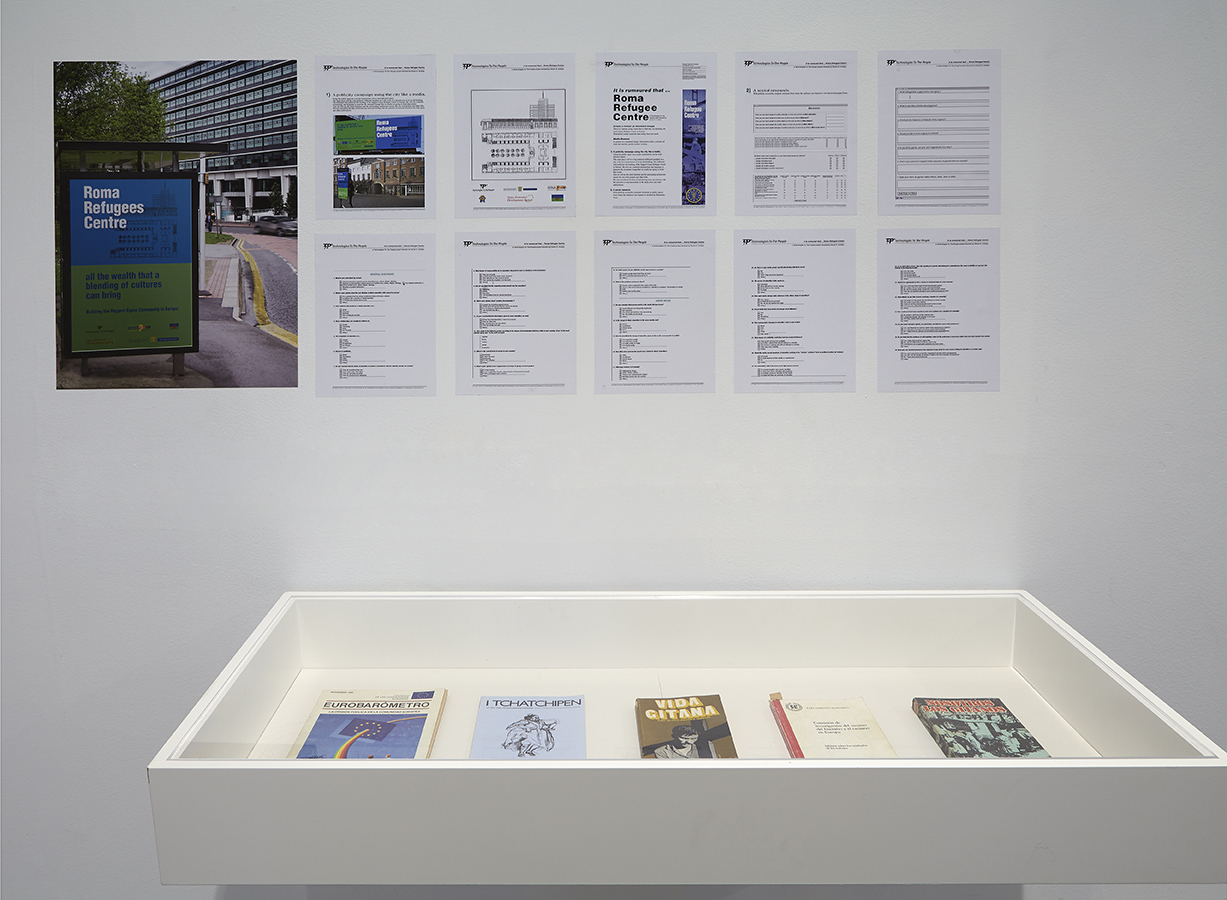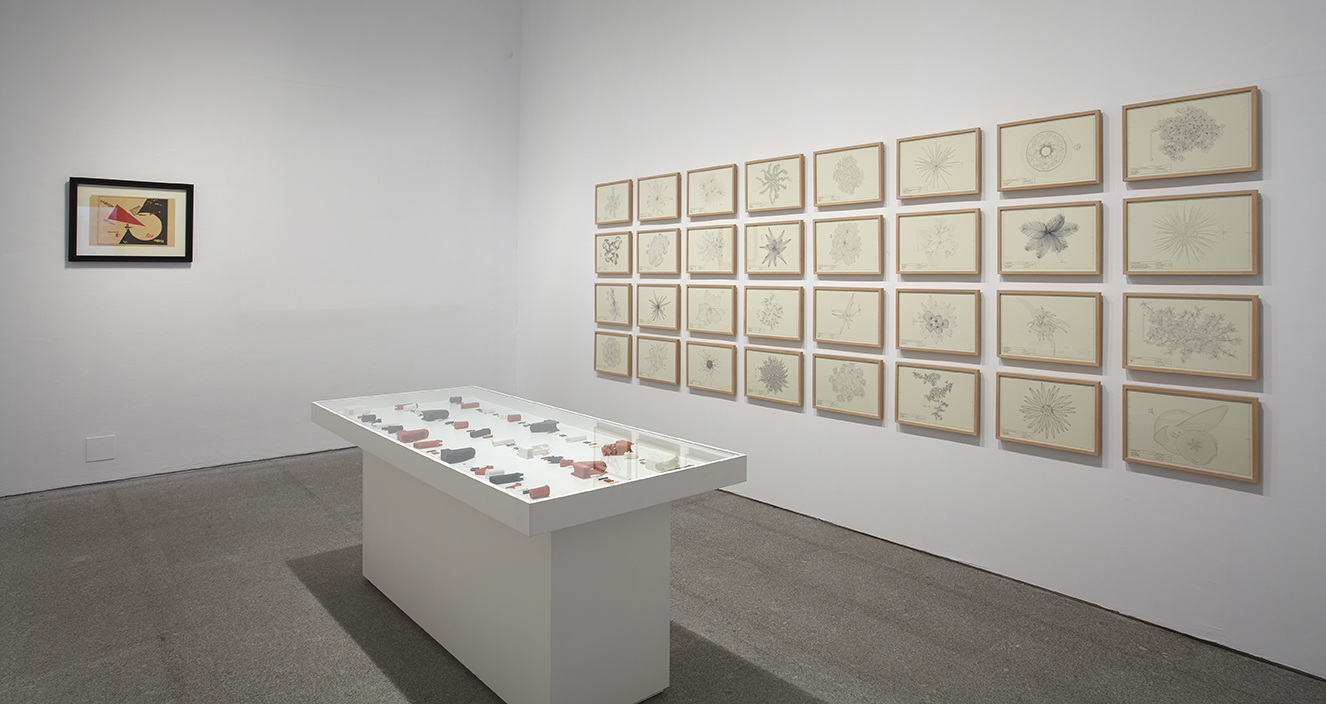Soy Gitano, 1992
Soy Gitano was an intervention in the public space of Valencia that
followed Daniel G. Andújar’s involvement with the Gypsy population
over a period of three years, including writing regularly for
the Gypsy newspaper. On a small poster, article 14 of the Spanish
Constitution is superimposed on a red-tinted photograph of a young
Gypsy boy. Article 14 reads, “Spaniards are equal before the law,
without any discrimination for reasons of birth, race, sex, religion,
opinion, or any other personal or social condition or circumstance.”
However, the text as printed on the poster is not in Spanish but has
been translated into Caló—the language spoken by Gypsies all over
Europe—thus making the Gypsies both the true senders and receivers
of the message. Tellingly, since Caló is spoken only by Gypsies
and is not recognized as an official language in Spain, its use in the
poster caused confusion, leading some local politicians to believe
the intervention was Basque propaganda. In addition to the posters,
the intervention consisted of do-it-yourself stickers with the text of
article 14, also in Caló. The intervention serves both as a reminder
of ideals written down in the constitution but all too often forgotten
in everyday life and a declaration of identification with the Gypsies
as part of Spain. Furthermore, the intervention revisits a specific
chapter of Spanish history; namely, the several hundred years following
the expulsion of the Jews and Muslims by a Christian king,
a time when Gypsies were the only minority in the country. They
arrived in Spain in the fifteenth century, strongly influencing the musical
culture as well as serving as a workforce for the king. However,
they were continuously persecuted, and in the middle of the eighteenth
century most Gypsies were arrested and imprisoned. In that
way Soy Gitano points both to the long tradition of xenophobic sentiment
and politics that followed the rule of Christianity and to the
anticonstitutionality of that tradition in the present day.


